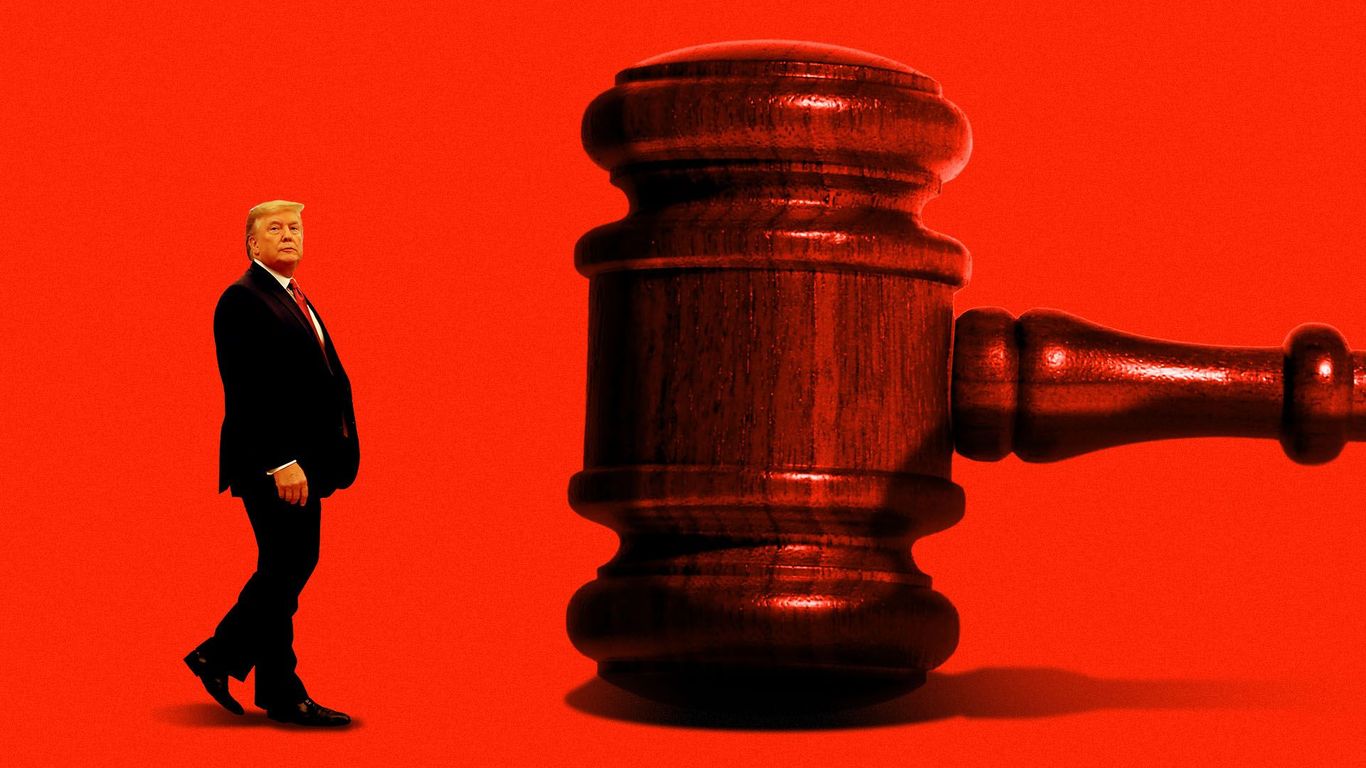So, I read about Trump's interview with Chris Wallace, and one of the things I read that struck me was Trump saying he was going to sign a new healthcare law in the next few weeks. My first thought was wondering what on earth he was going on about - there's no way a law could go through Congress in that time. Then I read this article:

 www.theguardian.com
www.theguardian.com
And suddenly it all became a bit clearer.
Yoo, who wrote the government defence of torture in the GWB years, believes this is the sort of power the Founding Fathers intended the president to have. In essence, executive orders with exceptionally wide ability to overrule other sources of governance, both the states and as far as I can tell Congress. Part of the rationale is that, via the SCOTUS ruling on Daca, precedent now exists for the president to exercise wide-ranging powers that previously were deemed beyond the executive. Furthermore, even if challenged, these "laws" could remain effective for years.
This seems to me to potentially going to be one of the most dramatic expansions of executive power seen in a l-o-n-g time if carried out. I am not at all convinced it's an improvement.
Another source:

 www.axios.com
www.axios.com

Trump consults Bush torture lawyer on how to skirt law and rule by decree
John Yoo wrote memo used to justify waterboarding and other forms of torture, with Trump keen to use executive orders and circumvent Congress
And suddenly it all became a bit clearer.
Yoo, who wrote the government defence of torture in the GWB years, believes this is the sort of power the Founding Fathers intended the president to have. In essence, executive orders with exceptionally wide ability to overrule other sources of governance, both the states and as far as I can tell Congress. Part of the rationale is that, via the SCOTUS ruling on Daca, precedent now exists for the president to exercise wide-ranging powers that previously were deemed beyond the executive. Furthermore, even if challenged, these "laws" could remain effective for years.
This seems to me to potentially going to be one of the most dramatic expansions of executive power seen in a l-o-n-g time if carried out. I am not at all convinced it's an improvement.
Another source:

Trump eyes Supreme Court ruling on DACA as license to skirt the law
Lawyer John Yoo believes the ruling paves the way for Trump to implement policies that Congress won't.
Last edited:
